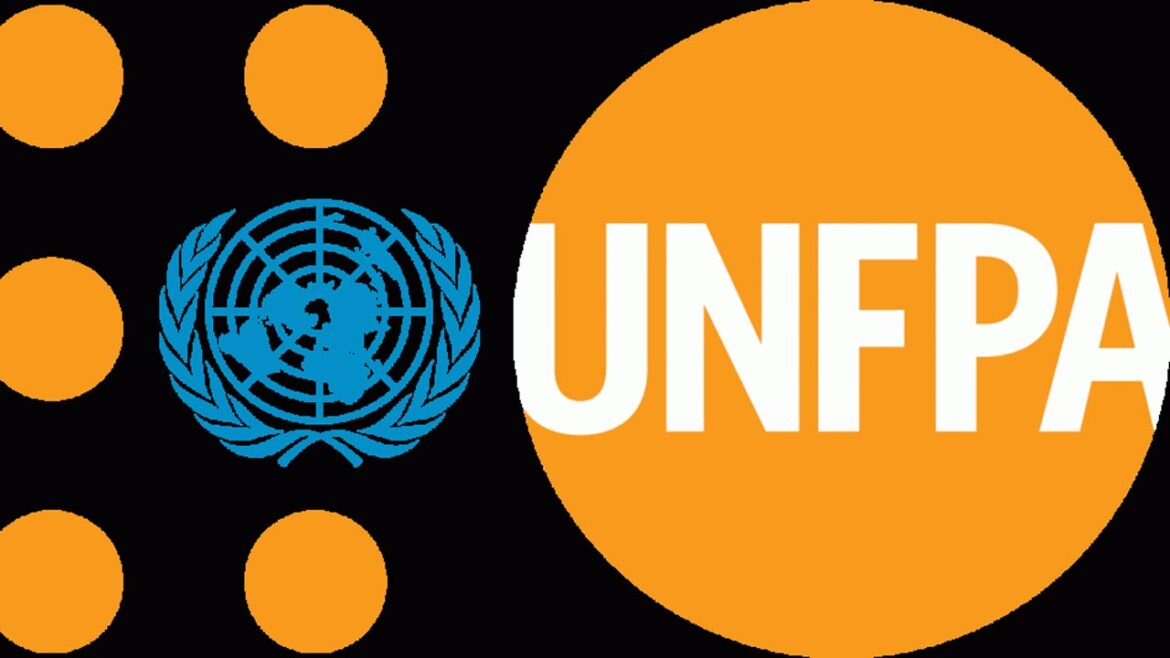By Asmau Ahmad
Four organizations working with young people with disabilities are the winners of the first AccessAbility innovation challenge held by the United Nations sexual and reproductive health agency, UNFPA.
Organized in partnership with the Global Disability Innovation Hub (GDI Hub) and the Global Network of Young Persons with Disabilities (GNYPWD), the competition offers financial support to social enterprises that craft innovative solutions aimed at dismantling inequalities and fostering empowerment among young individuals with disabilities.
The challenge prompted participants to submit innovative ideas to address topics such as gender-based violence and improved access to sexual and reproductive healthcare (SRH) services.
It also aimed to encourage solutions for promoting digital inclusion and overcoming socio-cultural barriers.
The organizers reviewed 229 applications hailing from 54 countries across six global regions.
The panel of judges selected four winning ventures based on their commitment to aiding young individuals with disabilities in accessing their sexual and reproductive health and rights.
These organizations address vital challenges and obstacles faced by young people with disabilities worldwide, such as increased risks of violence, difficulties accessing sexual and reproductive health services, and struggles in meeting basic needs.
The four winners, who were announced this week, are:
Technoprise Global from Kenya was chosen thanks to its project on conversations artificial intelligence (AI) for inclusive data collection, which introduces a cutting-edge, multilingual AI-powered platform meticulously designed to foster respectful and dynamic conversations.
At its core, the platform plays a crucial role in enabling precise and comprehensive data collection concerning sexual and reproductive rights as well as health needs.
With a dedicated focus on bridging the gap in effective data collection within the disability community, this initiative emerges as a beacon of personalized, user-centric information dissemination, specifically tailored to empower and enlighten young individuals living with disabilities.
Hailing from the Republic of Moldova, Alianta Infonet was selected for its work in empowering content creators with disabilities through podcasting.
This initiative unfolds through the impactful podcast “Depasim Prejudecati” Overcome Prejudices), which resonates within Moldova and beyond to raise awareness regarding the hurdles confronted by individuals with disabilities, effectively dispelling common misconceptions.
The creators are poised to develop episodes that delve into an array of challenges encompassing sexual and reproductive health, as well as gender-based violence, uniquely experienced by individuals with disabilities.
Access Able from India presented “Information Access on SRH Topics using Conversational Flows in Low-Resource Settings.”
This initiative is designed to tackle the prevalent issue of restricted access faced by people with disabilities in obtaining sexual and reproductive health information and services.
The project employs interactive engagement mechanisms, utilizing SMS and Interactive Voice Response, which remain accessible even in scenarios devoid of internet connectivity, smartphones, or technical expertise.
Led by women, the Inclusive Reproductive Health Initiative (IRHI) in Cameroon aims to accelerate the development of a menstrual cycle tracking device, with the goal of dispelling taboos, raise awareness of menstrual cycles and sexual health, particularly for young women and girls with disabilities.
Alongside the device, complementary workshops and training will empower these individuals by offering insights into their menstrual patterns and fertility cycles.
The four winners will receive grants in the form of seed funding, along with professional coaching, and will be engaged in a series of tailored workshops to test and advance their innovations.




